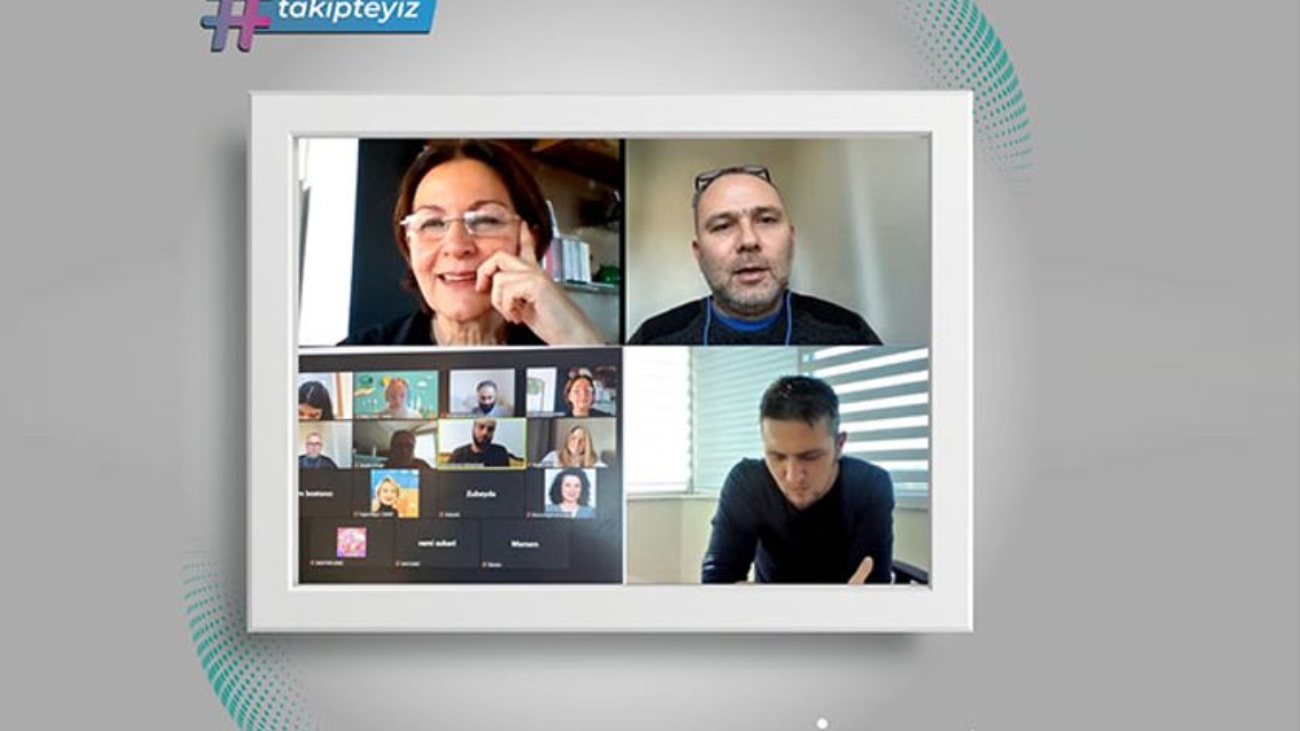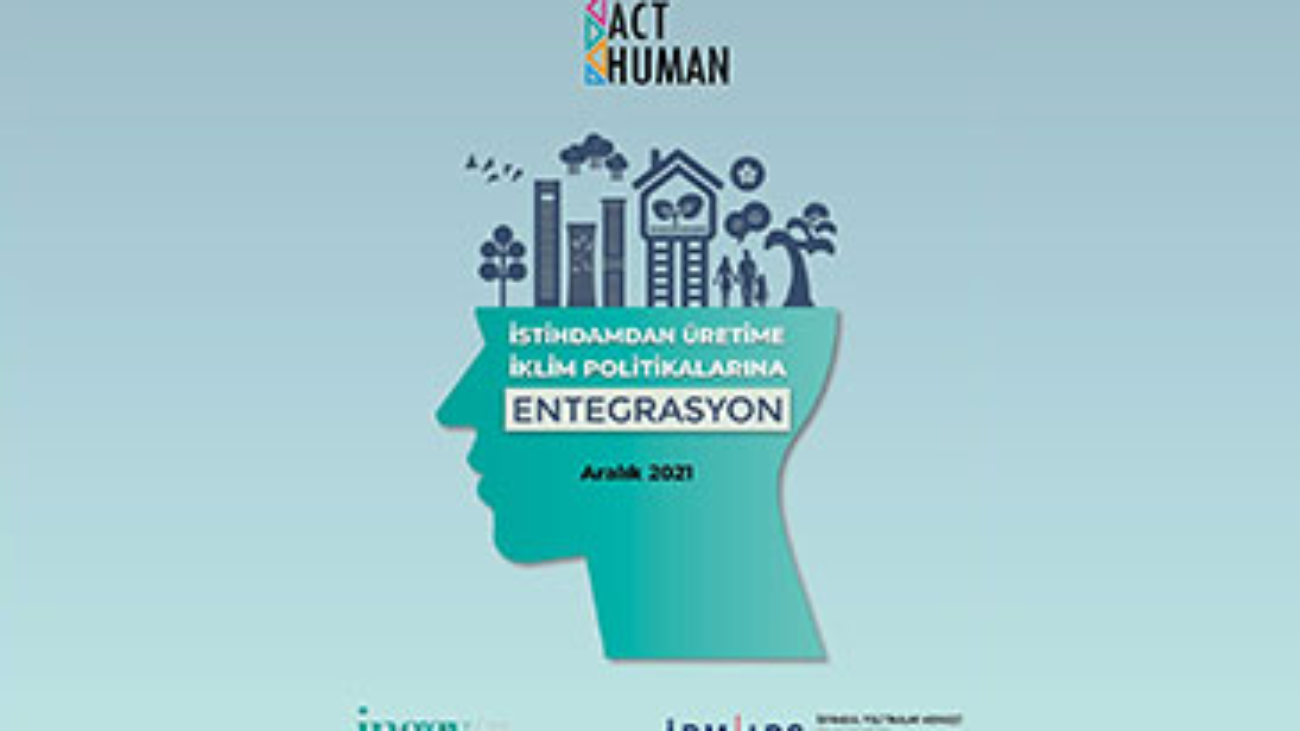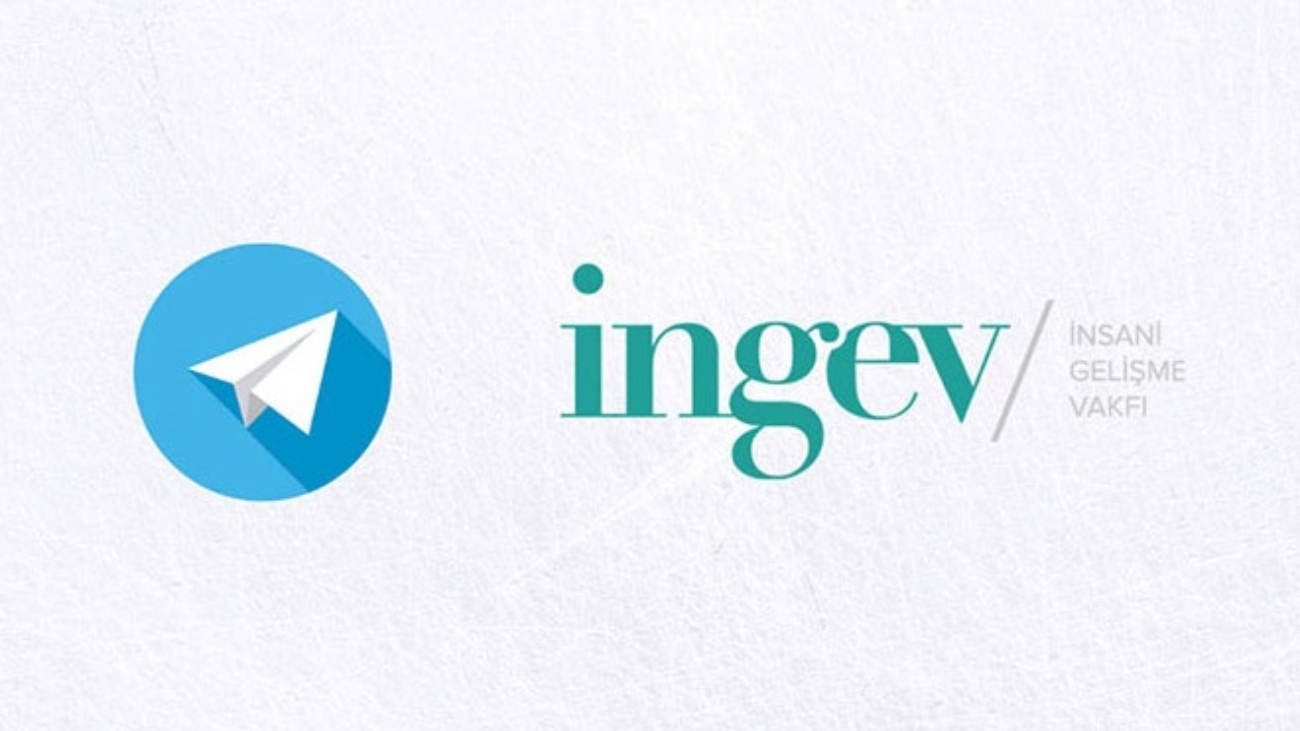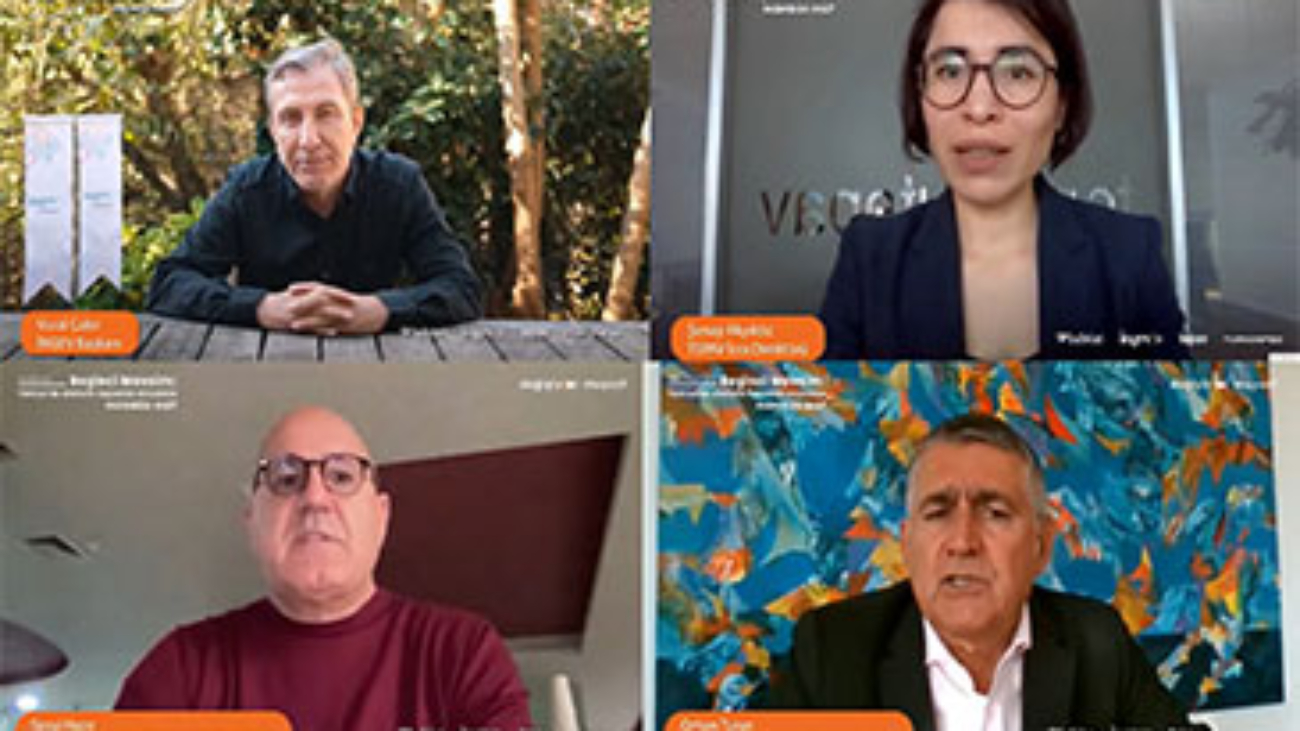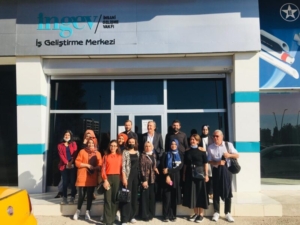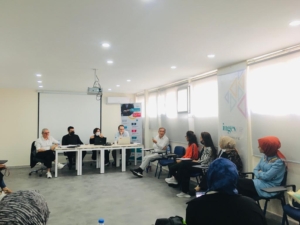“The Fifth Season: Is a Total Combat Possible Against Climate Change and Disasters in Turkey?” Conducted online on November 17, 2021.
The webinar started with the opening speeches of the representatives of four institutions, İNGEV, Habitat Association, TEPAV & TURKONFED.
Vural Çakır, President of INGEV, stated that people only understand a life based on consumption, and also, an individual is defined only as a consumer, destroyed more nature, and caused disasters in the last century. Reminding that it is possible to establish another life on earth, Çakır noted that a significant transformation and social behavior change are necessary.
Noting that the Paris Climate Agreement has converted this struggle into a permanent agenda, Çakır underlined the need to act in coordination. In coordination with the central & local governments, universities, CSOs, and other local initiatives to combat the climate crisis as a whole.
In this context, he highlighted that “Are We Changing?” is an excellent example to raise awareness and call institutions for total combat.
After Çakır’s speech, the video messages of TEPAV Executive Director Ms. Şenay Akyıldız, Habitat Association Chairman Mr. Sezai Hazır and TÜRKONFED President Mr. Orhan Turan were released.
Following the opening speeches, UNDP Turkey Climate Change and Environment Portfolio Manager Nuri Özbağdatlı evaluated Turkey’s performance in disaster management. Özbağdatlı stated that according to 2021 data, one person in every 33 people in the world needs humanitarian aid or protection due to climate change and conflicts. Drawing attention to the importance of risk-based disaster management, Özbağdatlı has underlined the UN’s five defining areas of difficulty for each country.
- Current carbon footprint reduction methods cause unmanageable disasters.
- Delays in establishing risk-based national adaptation plans.
- Inability to manage long-term risks and aftershocks.
- Investment and financial systems are not suitable for the new climate agenda.
- The further consolidation of inequalities stems from the vicious circle between vulnerability and inequality.
Özbağdatlı, who also offered some policy suggestions to overcome these difficulties, stated that the political will should first be aware of these difficulties.
Webinar continued with the panel moderated by TEPAV Regional and Urban Studies Consultant Dr. Asmin Kavas Bilgiç.
In the panel titled “Where Are We in Climate Change and Disaster Management in Turkey: Challenges, Solutions”, Istanbul University Cerrahpaşa Faculty of Forestry Faculty Member Prof. Dr. Doğanay Tolunay, Ankara Hacı Bayram Veli University Faculty Member Prof. Dr. Savaş Zafer Şahin and Istanbul Technical University Meteorology and Disaster Management Faculty Member Prof. Dr. Mikdat Kadıoğlu took the floor.
Talking about what kind of method should be used to combat disasters in Turkey, the panelists also conveyed what type of governance should be established between the central administration and local institutions for this struggle.
Click to watch the event. (Only in Turkish)

